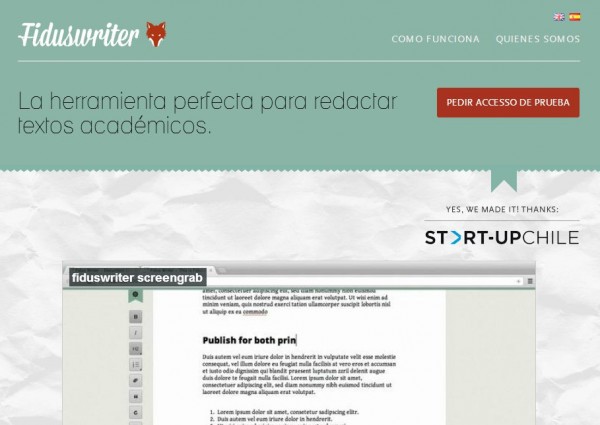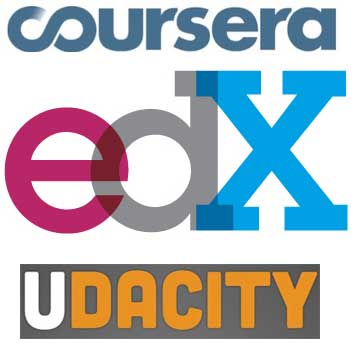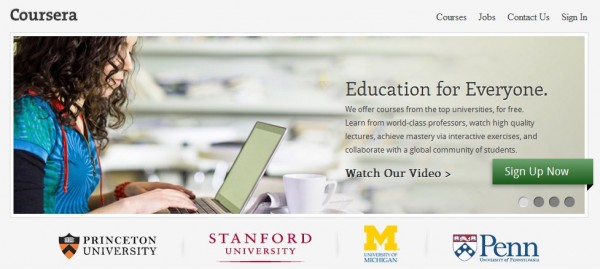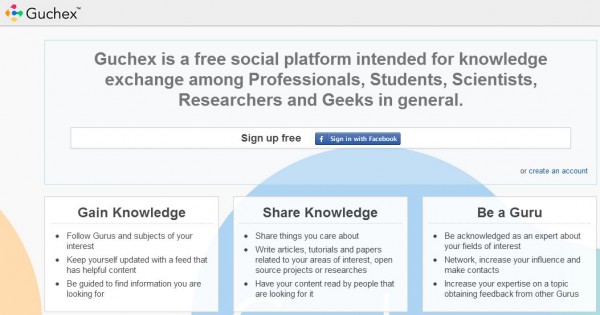Four educational theories applied to learning to build a fire | Online Pedagogy:
"Behaviorism: Learning is the acquisition of new behavior through conditioning.
Cognitivism: Learning is an internal mental process.
Constructivism: Learning is a process of active construction of new ideas based on current and past knowledge or experience.
Connectivism: Learning (defined as actionable knowledge) can reside outside of ourselves (within an organization or a database), is focused on connecting specialized information sets, and the connections that enable us to learn more are more important than our current state of knowing. Connectivism is driven by the understanding that decisions are based on rapidly altering foundations. New information is continually being acquired. (Siemens, 2005)
My experience…We started heating our home with wood heat in the first few weeks of living in Alaska. After 20 years of experience with this method, I’m skilled at the art of building and maintaining a fire. However, in the beginning, I had to learn the entire procedure from the beginning drawing only upon some very vague Girl Scout memories. The description of my learning process encompasses behaviorist, cognitivist, constructivist and connectivist theories."
'via Blog this'















